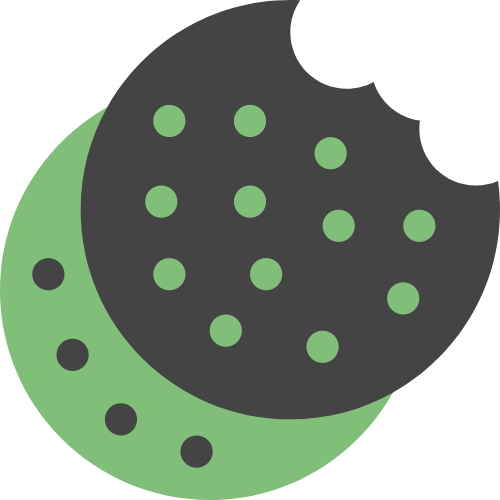- Getting Started
-
by k.mammasis
Functional Foods better than Supplements
Functional foods are a better source of nutrients than supplements. This is because functional foods contain a variety of nutrients and other substances that work together to provide optimal health benefits, whereas supplements provide isolated nutrients that may not be as effective when consumed in isolation. In addition, functional foods can cover up even the most demanding nutrient, mineral, and vitamin deficiencies and for this reason, they should be preferred over supplements.
Tip: Common foods are not made equal to functional foods, and for this reason, they should not be directly compared. For example, individuals who have nutrient deficiencies or have difficulty obtaining certain nutrients from their diet may benefit from taking concentrated forms to ensure they are getting adequate amounts of those nutrients. When this concentrated form is needed, we always suggest that you choose to go with functional foods instead of supplements.

Supplements are not a food substitute
In general, it is usually better to obtain nutrients from whole foods rather than supplements. While supplements can be useful in certain situations, such as when an individual has a nutrient deficiency or has difficulty obtaining certain nutrients from their diet, they are not a substitute for a healthy and balanced diet.
There are several reasons why whole foods are generally a better source of nutrients than supplements:
Nutrient Synergy
Whole foods contain a complex mix of nutrients, such as vitamins, minerals, fiber, and phytochemicals, that work together to provide optimal health benefits. When these nutrients are consumed in isolation, such as in a supplement, they may not have the same beneficial effects as when they are consumed as part of a whole food.
Nutrient Bioavailability
Nutrients in whole foods are often more bioavailable, meaning they are more easily absorbed and utilized by the body, than nutrients in supplements. For example, the iron in red meat is more easily absorbed by the body than the iron in supplements.
Product Safety
Whole foods are generally considered safe and do not have the same risk of side effects as supplements, which can sometimes cause adverse effects or interact with medications.
Variety of Enzymes, Coenzymes, and Activators
Consuming a variety of whole foods provides a range of nutrients that are important for optimal health. Supplements may not provide the same variety of nutrients as a diverse diet.
Summary
Vegan Functional Foods are the best natural supplements you can find out there. They actually reach the efficacy levels of supplements but they are still foods, meaning that they have a set of advantages when it comes to bioavailability and absorption that are unmatched by supplements. While supplements can be useful in certain situations, such as for individuals who have nutrient deficiencies or have difficulty obtaining certain nutrients from their diet, they are not a substitute for a healthy and balanced diet that includes a variety of whole foods. Therefore, it is important to focus on consuming a variety of nutrient-dense whole foods as the foundation of a healthy diet and fill in the rest with functional foods.














